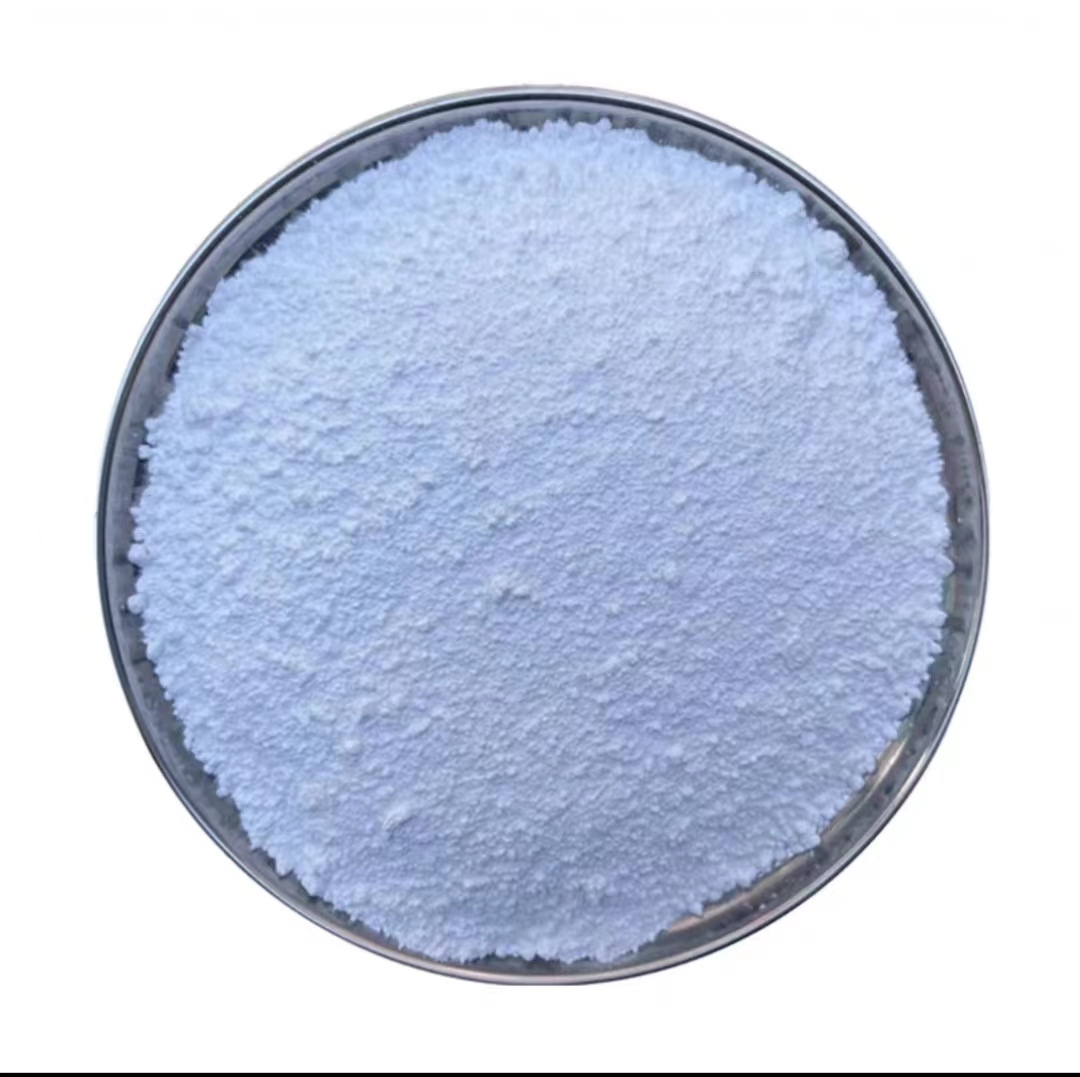
7 月 . 31, 2024 01:13 Back to list
Medical Applications and Suppliers of Titanium Dioxide for Pharmaceutical and Cosmetic Industries
Titanium Dioxide Medicinal Uses and Suppliers
Titanium dioxide (TiO2) is a versatile compound widely used in various industries, including cosmetics, food, and pharmaceuticals. Known for its excellent opacity and bright white color, titanium dioxide is primarily recognized for its role as a pigment. However, its medicinal applications have garnered attention in recent years, prompting a growing market for suppliers specializing in titanium dioxide for pharmaceutical purposes.
Medicinal Uses of Titanium Dioxide
In medicine, titanium dioxide has been employed for its biocompatibility, stability, and non-toxic properties. One of its primary uses is in the formulation of various pharmaceutical products. TiO2 is often used as an excipient, a substance that serves as a vehicle or medium for the active ingredients in drugs. It helps ensure uniformity in dosage and enhances the stability of the drug formulations.
Another significant application is in the production of sunscreen and topical agents. Titanium dioxide is a key ingredient in many sunscreens and skincare products due to its ability to provide broad-spectrum UV protection. When applied topically, TiO2 absorbs and reflects UV rays, making it an effective physical sunscreen agent. This property has led to its inclusion in numerous formulations aimed at preventing sunburn and reducing the risk of skin cancer.
Additionally, titanium dioxide nanoparticles are gaining traction in the biomedical field
. Researchers are exploring their potential in drug delivery systems. These nanoparticles can be engineered to encapsulate drugs, allowing for targeted delivery to specific sites within the body, thereby enhancing the efficacy of treatments while minimizing side effects.Finding Reliable Suppliers
titanium dioxide medicinal uses supplier

As the demand for titanium dioxide in medicinal uses increases, the need for reliable suppliers becomes paramount. When searching for suppliers, it is essential to consider several factors to ensure quality and compliance with regulations.
Firstly, suppliers should adhere to stringent quality control measures and be compliant with Good Manufacturing Practices (GMP). This certification ensures that the product meets safety, quality, and efficacy standards crucial for pharmaceutical applications.
Secondly, it is vital to choose suppliers who provide detailed product specifications, including particle size, purity levels, and any potential contaminants. This information is crucial for manufacturers seeking to incorporate titanium dioxide into their formulations effectively.
Thirdly, suppliers should have a proven track record and positive industry reputation. Reviews and testimonials from other businesses can provide valuable insights into the supplier's reliability and the quality of their products.
Lastly, partnerships with suppliers who are well-versed in regulatory requirements can facilitate smoother compliance processes. Understanding the legal aspects and guidelines for using titanium dioxide in medicinal products is crucial for manufacturers to avoid any potential legal issues.
Conclusion
Titanium dioxide's multifaceted nature makes it an attractive ingredient in various sectors, particularly in pharmaceuticals. Its safe and effective usage as an excipient and in topical formulations showcases the compound's potential in medicine. As the market expands, the role of suppliers in providing high-quality titanium dioxide becomes more critical. By focusing on quality, compliance, and reputation, pharmaceutical companies can ensure they are sourcing the best materials for their products, ultimately leading to improved health outcomes for consumers. With its unique properties and expanding applications, titanium dioxide is set to play an increasingly essential role in the future of medicine.
-
Lithopone for Plastic & TiO2 R-5568/SK-6658 Masterbatch Solutions
NewsMay.30,2025
-
China Leading Rutile TiO2 Manufacturer - R5566 & R996 Grades Available
NewsMay.30,2025
-
High-Purity Anatase & Rutile TiO2 Powder Trusted Manufacturer
NewsMay.30,2025
-
High-Purity Anatase Products Trusted Supplier & Manufacturer
NewsMay.29,2025
-
Best Price Eco-Friendly Rutile TiO2 Supplier & Wholesale Factory
NewsMay.29,2025
-
Chinese Anatase Titanium Dioxide for Ceramic Glaze Reliable Supplier
NewsMay.29,2025
